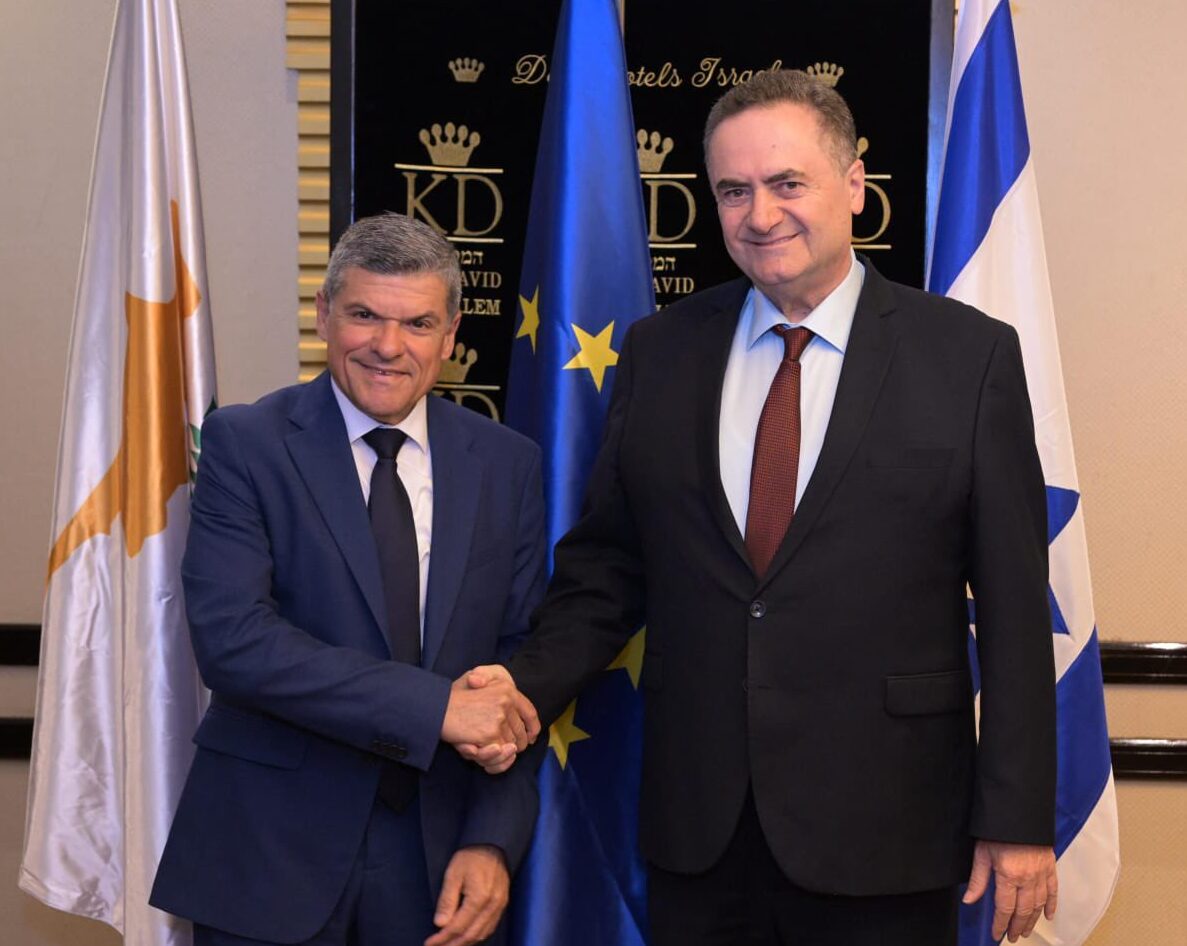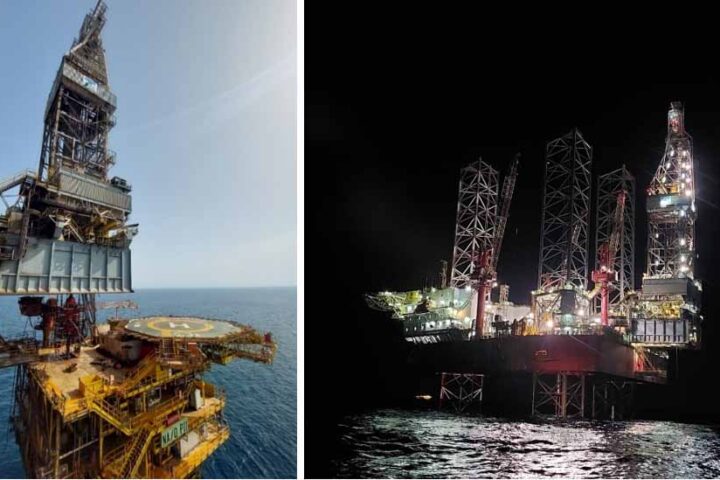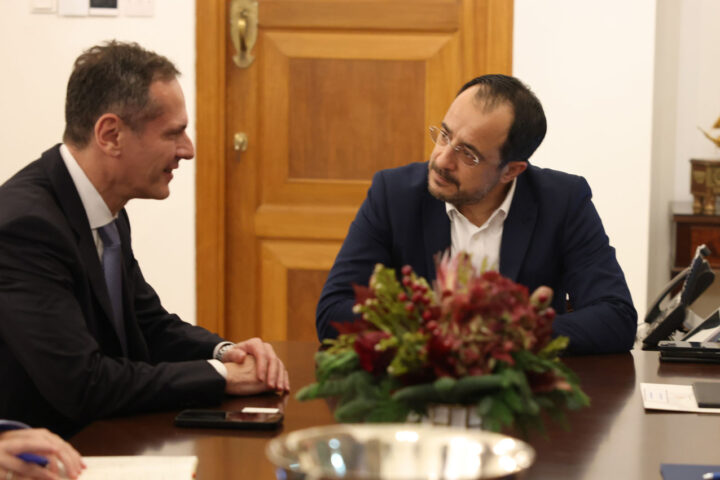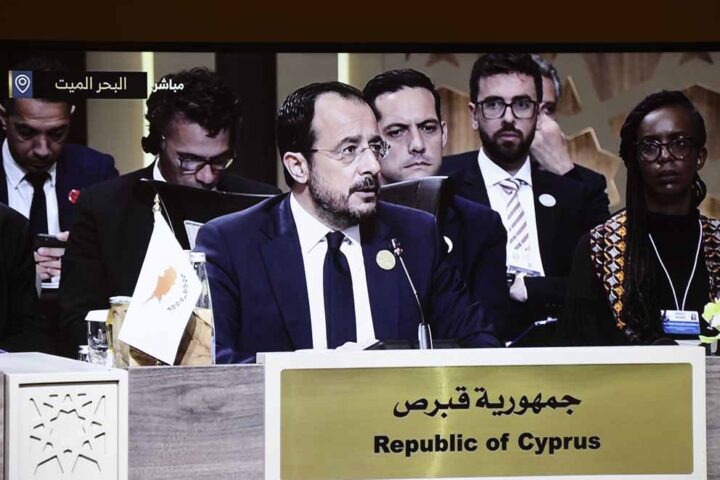The visit to Israel this week of Energy Minister George Papanastasiou highlighted the urgency with which some infrastructure projects must be fast-tracked and delivered, preferably ahead of schedule.
A series of power outages in the neighbouring country earlier in June, sparked by heatwaves and wildfires, revealed the weaknesses in their electricity grid.
Politicians blamed each other for lack of planning, while the regulator was criticised for not taking preventive measures in time.
The 300,000 households that suffered the rolling blackouts, with water desalination plants selectively shut down to save on energy, had their supply restored within a day.
But in conditions of sweltering heat reaching 43-45°C in Gaza and Tel Aviv, there were calls to restart coal-fired power stations to make up for the shortfall, as the previous administration was called out for decommissioning fuel-powered units and focusing too much on renewables.
The Israelis were lucky they did not face the devastating meltdown Cyprus endured for weeks after the Mari blast in 2011 decimated the EAC’s primary power station at Vassiliko.
This was also the turning point that triggered the need to end the energy isolation of Cyprus, out of which the landmark EuroAsia Interconnector was conceived.
With technical malfunctions at a private power plant and dust storms preventing solar PV panels from generating electricity, Israel was isolated, albeit for half a day.
Energy Minister Israel Katz said, “The power industry is in deep crisis,” as the previous government had sought to move away from fossil fuel energy production and toward renewables.
After meeting Papanastasiou, Katz said the solution to the country’s electricity crisis would come from cooperation with Cyprus, and they discussed various alternatives, including a mutual backup plan in the event of a shortage.
The two ministers laid the groundwork for the subsea 1,000MW electricity cable agreements ahead of the COP28 climate summit in November in Dubai.
Also, they discussed joint electric, natural gas and hydrogen projects and connections.
The European Union recognises the EuroAsia as a Project of Common Interest, meaning it is willing to support it financially, with nearly €750 mln already committed from the ‘Connecting Europe Facility’ and the Cyprus Recovery and Resilience Fund.
The cable, which is deepest at 3,000m and the longest at 1200km, will link the power grids of the three countries, providing backup resources in times of emergency while enabling Israel to export electricity to Europe.
With the worldwide crisis impacting the energy markets, prompted by the Russian war in Ukraine and the shortage of natural gas supplies, Israel now sees the EuroAsia Interconnector as “more important than ever”.
And joint exploitation of natural gas from Cyprus’ offshore gas fields may remain on the sidelines as long as Turkey is intent on upsetting the energy map of the eastern Mediterranean.
In its Country Report for Cyprus, the IMF said, “the use of natural gas and interconnecting and upgrading the electricity grid will facilitate the green transition”, and the EuroAsia Interconnector and the parallel EuroAfrica from Egypt, “will reduce reliance on CO2-heavy oil in energy generation and facilitate transition to RES.”
The more support the project gains, the quicker it can be realised.










